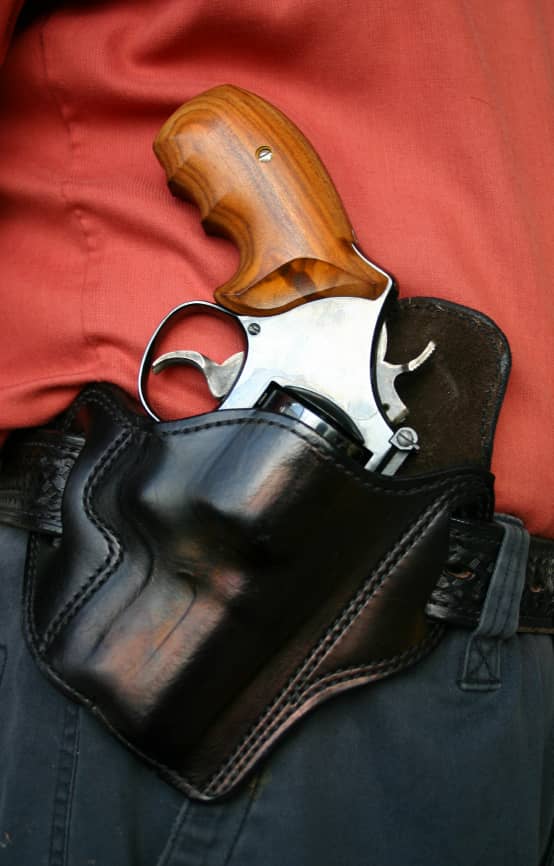Illinois Legislature Overrides Veto, Passes Concealed Carry Bill
Matt Korovesis 07.10.13

Legislators in the Illinois House of Representatives and Senate voted yesterday in favor of overriding Governor Pat Quinn’s “amendatory veto” of a bill allowing concealed carry in the Midwestern state. The move makes Illinois the last state to pass a law allowing citizens to carry concealed weapons.
The state’s legislature had to vote three-fifths in favor of overriding the veto in order to sidestep the governor’s move and pass the law, HB 183, as originally approved by both houses. The Illinois Senate voted 41-17 in favor of doing so and the House 77-31.
Quinn’s amendatory veto included significant restrictions on concealed carry in the state. The changes upset several lawmakers who had supported the bill, while the governor stated that he was acting upon his “foremost duty as Governor” in order “to keep the people of Illinois safe.”
The legislature had been working on a law allowing concealed carry since the Seventh U.S. Circuit Court of Appeals ruled in December that the state’s ban on the practice was unconstitutional. June 9 had been the deadline set by the court for passing a new carry bill, but it was extended to July 9 following a request from Illinois Attorney General Lisa Madigan. The bill turns Illinois into a “shall-issue” state, allowing persons with a Firearm Owner’s Identification card who have passed a background check and completed 16 hours of firearm safety training to purchase a concealed carry permit for $150.
Gun rights groups like the Second Amendment Foundation (SAF), which had filed the lawsuits against enforcement of the state’s ban of concealed carry in 2011 that led to the court’s ruling, celebrated the override vote. “This is a significant victory for all Illinois citizens,” said Alan Gottlieb, SAF founder and executive vice president, in a news release on the organization’s website. “While the new statute is not perfect, it is a huge step forward to comply with the Seventh Circuit Court’s ruling in Moore v. Madigan.”

